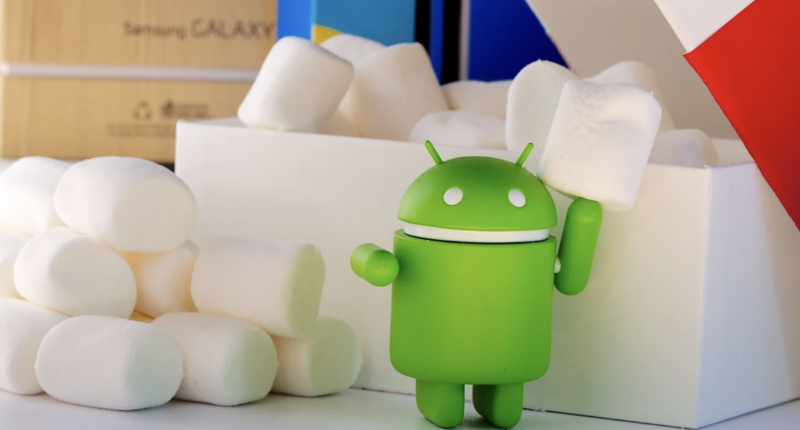Google’s next big software leap is reportedly taking shape with Aluminium OS, a new Android-based operating system designed specifically for laptops and desktop-class hardware. After years of balancing Android on mobile devices and ChromeOS on laptops, the company is finally leading both platforms toward a unified future. Set for a 2026 debut, Aluminium OS is being built to function as a true desktop variant of Android, offering better multitasking, richer app support, and AI capabilities that live at the system core rather than as add-ons, reports Android Authority.
While the tech titan has experimented with Android laptops and hybrid devices before, Aluminium OS marks the first time the company is attempting to elevate Android into a full desktop ecosystem rather than a stretched mobile interface. The OS is expected to introduce a redesigned windowing system, expanded keyboard and mouse navigation, and deeper support for high-resolution displays – features that ChromeOS always relied on but Android never fully mastered.
One of the defining pillars of Aluminium OS is its AI integration. Instead of bolting assistants or smart features onto the top layer of the interface, the Sundar Pichai-led company is reportedly building the operating system around AI at the architectural level. This could allow the OS to adapt to user behaviour in real time, handle background tasks with greater efficiency, and run on-device generative models without cloud dependency. Google’s recent push toward locally processed AI, especially through the Gemini family, suggests Aluminium OS will lean heavily on neural processing hardware available in newer ARM and x86 chips.
For Google, this shift is not just about building a new platform- it’s about reshaping its hardware strategy. ChromeOS helped Google carve out a massive footprint in education and budget laptops, but it remained limited by its browser-first nature. However, Aluminium OS positions Google to compete directly with Windows and macOS in mainstream computing. Importantly, by establishing the system on Android, Google unlocks the world’s largest app ecosystem on day one, while giving hardware partners more freedom with device types, performance tiers, and industrial designs. Early prototypes reportedly include traditional clamshell laptops, 2-in-1 detachables, and compact desktop boxes.
The transition from ChromeOS to Aluminium OS will not be sudden. ChromeOS will continue receiving updates and support throughout the decade, particularly for schools and enterprise fleets that depend on its management tools. However, Google appears to be preparing the foundation for a gradual migration, starting with new devices that ship with Aluminium OS as the default platform. This potential shift also mirrors broader industry trends. For example, Apple has steadily brought iPadOS and macOS closer together through shared frameworks and unified silicon. Similarly, Microsoft has been exploring deeper Android integration and expanding its AI-driven Windows experiences.
The Tech Portal is published by Blue Box Media Private Limited. Our investors have no influence over our reporting. Read our full Ownership and Funding Disclosure →





